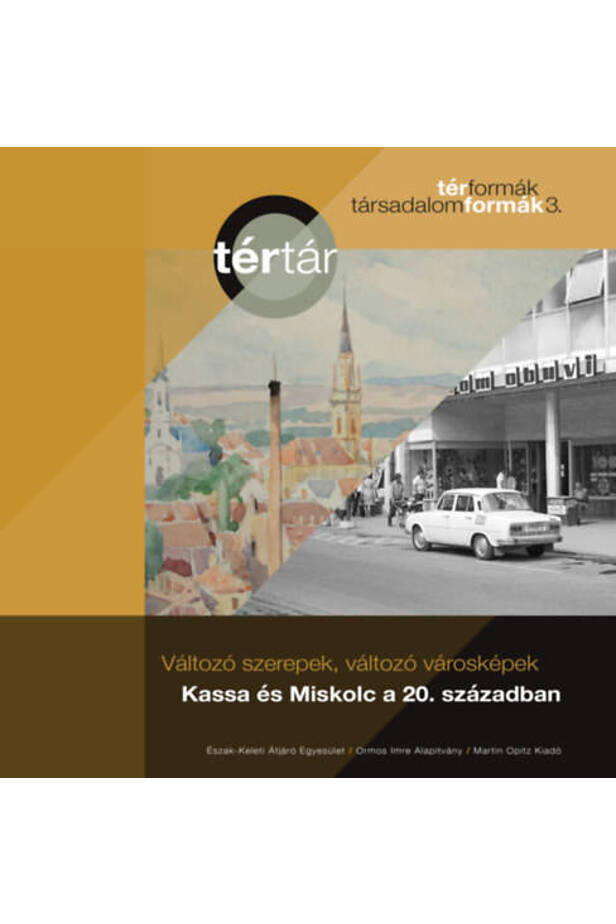Changing roles, changing cityscapes: Košice and Miskolc in the 20th century
Delivery time: 2 - 3 business days
Quantity:
HUF 3,190
Description
The modern cityscapes of Košice and Miskolc were formed side by side, partly inheriting each other's roles. The historic Kosice, built around the cathedral, was redrawn in the 1920s by blocks of flats intended for Czech officials. However, the real change came in the fifties. As a reflection of the industrial region of Borsod in Hungary, an intensive development policy was launched. The huge ironworks was built and Košice was referred to as the second capital of Slovakia. At the beginning of the century, Miskolc was famous for its industry rather than the artistic values of its built environment. But after Košice arrived in Czechoslovakia, many saw in it the lost highland atmosphere, the characteristic silhouette of the cities trapped in the hills, the narrow, steeply rising streets. However, it could not become a monumental city either then or after World War II. Not least because he was treated by the socialist settlement policy as an honorary new city, which brought intensive investments and demolition. In our volume, we present the current research results of authors from Košice and Miskolc. We can read articles about the history of the settlement of Košice, the 1938 large exhibition promoting modern architecture, the cityscape effects of the ironworks investment or the circumstances of the designation of the monument zone. A study of Miskolc, better elaborated in the Hungarian language literature, explored less well-known details, such as the urban planning debate of the 1920s, the painting school that created Miskolc's cityscapes, the portrait of an undeservedly forgotten architectural couple, or the new post-war Miskolc design.
| publisher | Martin Opitz For rent |
|---|---|
| scope | 203 |
| volume unit | oldal |
| ISBN | 9789639987401 |
| year of publication | 2019 |
| binding | paper binding |


